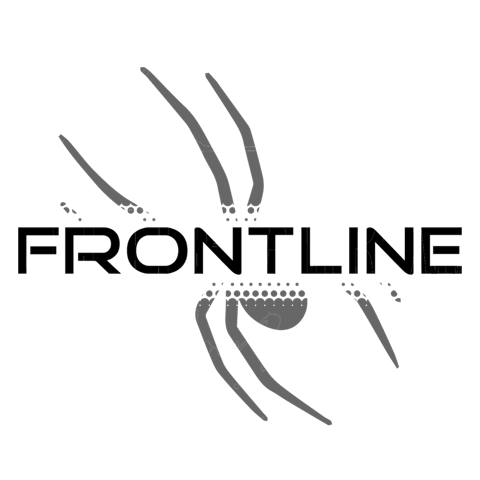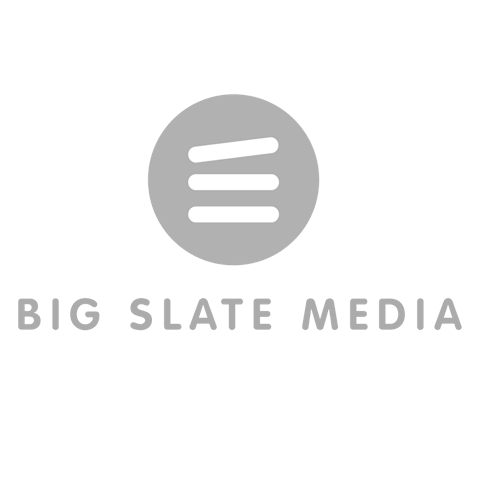We know what causes burnout, but what does it look like?
As we continue to learn from our experiences of 2020, we will find more areas of collateral damage from our COVID-19 journey. The additional layers of stress required to navigate life and work during the pandemic are only beginning to be understood. The term “burnout” is a term that we hear more about in 2021 than in recent years. Certainly, it’s a relatively new term, famously coined in 1974 by the German/ American psychologist Herbert Freudenberger. In his book, Burnout: The High Cost of High Achievement, he originally defined burnout as “the extinction of motivation or incentive, especially in the workplace.”
More simply put, if we feel exhausted, start to hate our job, and begin to feel less capable at work, we are showing signs of burnout. The stress that contributes to burnout can come mainly from our job, but stress from our overall lifestyle can add tremendously to this stress. Personality traits and thought patterns, such as perfectionism and pessimism, can contribute as well.
Most people spend the majority of their waking hours working. If we “hate” our job, dread going to work, and don’t gain any satisfaction out of what we’re doing, it can take a severe toll on our life. We generally understand that some of the factors that can lead to burnout include but are not limited to the following:
-
Unreasonable time pressure. Team members who say they have enough time to do their work are 70 percent less likely to experience high burnout.
-
Lack of communication and support from a leader. Leadership support offers a psychological buffer against stress. Team members who feel strongly supported by their leader are 70 percent less likely to experience burnout.
-
Lack of role clarity. In general, only 60 percent of workers know what is expected of them. When expectations are very fluid, like in 2020, team members may become exhausted simply by figuring out what they should be doing.
-
Unmanageable workload. When a workload feels unmanageable, even the most optimistic individuals will feel hopeless. Feeling overwhelmed leads to burnout.
-
Unfair treatment. Team members who feel mistreated at work are twice as likely to experience a high level of burnout. Unfair treatment includes favoritism, unfair compensation, and mistreatment from a co-worker.
However, what does burnout look like and/or feel like? Some of the signs/symptoms include but are not limited to the following:
-
Alienation from work-related activities: Individuals experiencing burnout view their jobs as increasingly stressful and frustrating. They may grow cynical about their working conditions and the people they work with. The emotional distance created from physical distancing last year has caused some to feel more numb about their work.
-
Physical symptoms: Chronic stress may lead to physical symptoms like headaches, stomachaches, or intestinal issues.
-
Emotional exhaustion: Burnout causes people to feel drained, unable to cope, and tired. They often lack the energy to get their work done.
-
Reduced performance: Burnout mainly affects everyday tasks at work—or in the home. Individuals with burnout feel negative about tasks. They have difficulty concentrating and often lack creativity.
Burnout can manifest some similar symptoms of mental health conditions, such as depression. Individuals with depression experience negative feelings and thoughts about all aspects of life, not just at work. Depression symptoms may also include a loss of interest in things, feelings of hopelessness, cognitive and physical symptoms, and can occasionally progress toward thoughts of suicide.
If you or any team member or loved one indicates having any suicidal thoughts contact the National Suicide Prevention Lifeline at 1-800-273-8255 for support and assistance from a trained counselor. If you, a team member, or a loved one are in immediate danger, call 911. If you are experiencing burnout or having difficulty finding your way out, or suspect that you may have a mental health condition such as depression, please seek professional treatment.
It’s also important to note that a high-stress job does not necessarily lead to burnout. If stress is managed well, there may never be any ill effects. In addition, the term “burnout” can suggest it might be a permanent condition, but it’s absolutely reversible. An individual who feels burned out may need to choose to make some specific changes to their personal and/or work environment.
Approaching the human resource department about problems in the workplace or talking to a supervisor about such issues can be very helpful, especially in workplaces that are invested in creating a healthier work environment. In some cases, a change in position or a new job altogether may be necessary to put an end to burnout.
DREAM4 is available to help team members develop clear strategies for managing stress. Self-care strategies, like following a healthy eating plan, getting more exercise, and engaging in healthy sleep habits, may reduce some of the effects of a high-stress job. The bottom line is that new choices, better habits, and living life with intention are all involved in helping us become more engaged and inspired.
Please schedule a call today for more on DREAM4 and their impact on organizational well-being and leadership development.
How We Serve
Looking for a different solution? Click here
Google's average rating of 5.0 out of 5 stars from 7 reviews.
DREAM4 is trusted by over 5,000 happy customers across the country.















